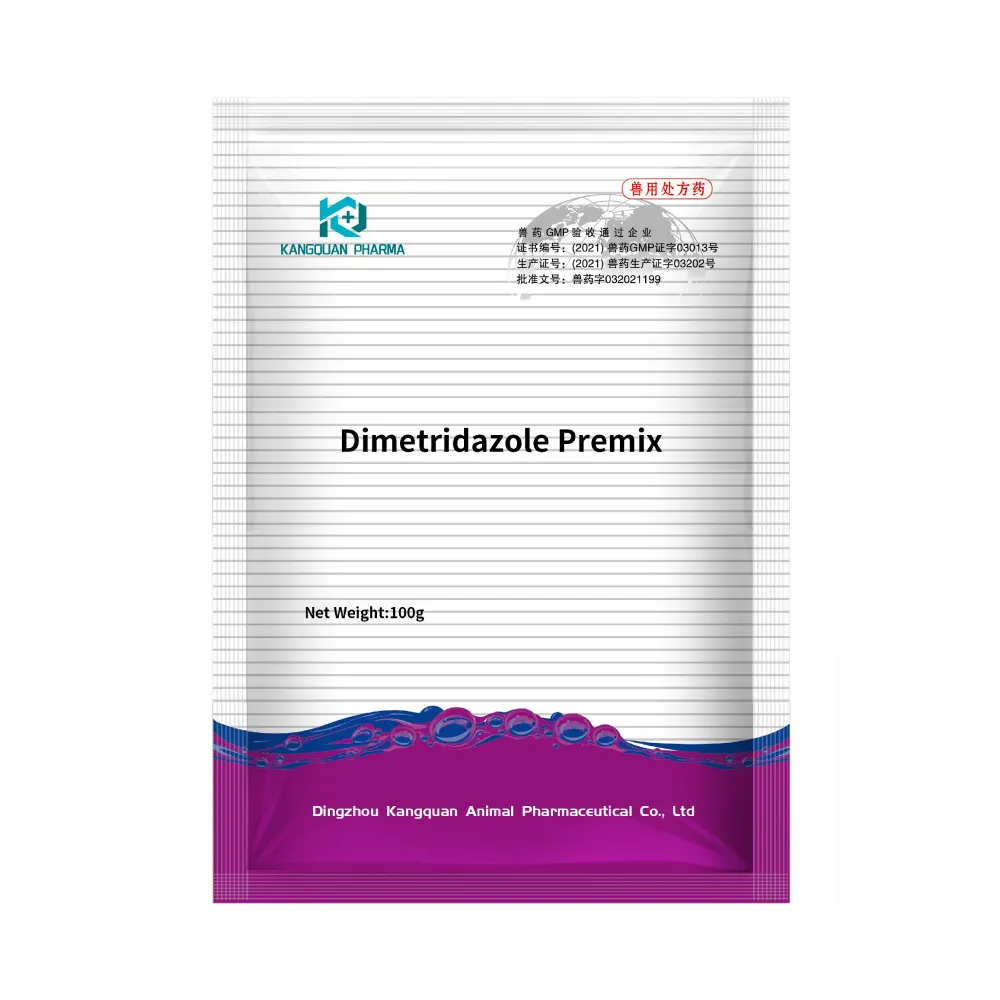- Afrikaans
- Albanian
- Amharic
- Arabic
- Armenian
- Azerbaijani
- Basque
- Belarusian
- Bengali
- Bosnian
- Bulgarian
- Catalan
- Cebuano
- Corsican
- Croatian
- Czech
- Danish
- Dutch
- English
- Esperanto
- Estonian
- Finnish
- French
- Frisian
- Galician
- Georgian
- German
- Greek
- Gujarati
- Haitian Creole
- hausa
- hawaiian
- Hebrew
- Hindi
- Miao
- Hungarian
- Icelandic
- igbo
- Indonesian
- irish
- Italian
- Japanese
- Javanese
- Kannada
- kazakh
- Khmer
- Rwandese
- Korean
- Kurdish
- Kyrgyz
- Lao
- Latin
- Latvian
- Lithuanian
- Luxembourgish
- Macedonian
- Malgashi
- Malay
- Malayalam
- Maltese
- Maori
- Marathi
- Mongolian
- Myanmar
- Nepali
- Norwegian
- Norwegian
- Occitan
- Pashto
- Persian
- Polish
- Portuguese
- Punjabi
- Romanian
- Russian
- Samoan
- Scottish Gaelic
- Serbian
- Sesotho
- Shona
- Sindhi
- Sinhala
- Slovak
- Slovenian
- Somali
- Spanish
- Sundanese
- Swahili
- Swedish
- Tagalog
- Tajik
- Tamil
- Tatar
- Telugu
- Thai
- Turkish
- Turkmen
- Ukrainian
- Urdu
- Uighur
- Uzbek
- Vietnamese
- Welsh
- Bantu
- Yiddish
- Yoruba
- Zulu
9 月 . 22, 2024 14:02 Back to list
oxytetracycline hydrochloride injection
Oxytetracycline Hydrochloride Injection An Overview
Oxytetracycline hydrochloride is a broad-spectrum antibiotic that belongs to the tetracycline class of medications. It is primarily used to treat a variety of infections caused by susceptible bacteria in both humans and animals. This medication is available in various forms, including oral tablets, topical applications, and injectable solutions. The injectable form of oxytetracycline hydrochloride is particularly important in treating more severe infections that require rapid onset of action.
Mechanism of Action
Oxytetracycline exerts its antibacterial effects by inhibiting protein synthesis in bacteria. It achieves this by binding to the 30S ribosomal subunit, which interferes with the attachment of aminoacyl-tRNA to the ribosomal acceptor site. This inhibition prevents the formation of essential proteins required for bacterial growth and reproduction, ultimately leading to bacterial cell death. Due to its mechanism of action, oxytetracycline is effective against a wide range of gram-positive and gram-negative bacteria, as well as some atypical pathogens such as chlamydia and mycoplasma.
Indications
The injectable form of oxytetracycline hydrochloride is indicated for the treatment of infections such as pneumonia, septicemia, urinary tract infections, and infections caused by specific pathogens like Brucella species and Rickettsia. In veterinary medicine, it is commonly used for treating respiratory and gastrointestinal infections in livestock and pets. The choice of oxytetracycline is often based on the sensitivity of the bacteria identified through culture and susceptibility testing.
oxytetracycline hydrochloride injection

Administration and Dosage
Oxytetracycline hydrochloride injection is typically administered intramuscularly or intravenously, depending on the severity and location of the infection. The dosage varies based on the patient's age, weight, renal function, and the type of infection being treated. It is crucial for healthcare providers to assess the appropriate dosing schedule to avoid potential side effects and ensure optimum therapeutic outcomes. This injectable antibiotic is generally well tolerated, but like all medications, it may have side effects that require monitoring.
Side Effects and Precautions
Common side effects associated with oxytetracycline hydrochloride include gastrointestinal disturbances such as nausea, vomiting, and diarrhea. Photosensitivity is another notable side effect, which can cause severe sunburn reactions in some patients. Prolonged use of oxytetracycline can lead to superinfection, including fungal infections, due to the disruption of normal flora. Furthermore, caution is advised when administering this antibiotic to pregnant or nursing women, as it can potentially affect fetal bone growth and cause discoloration of teeth.
Conclusion
In conclusion, oxytetracycline hydrochloride injection is an essential antibiotic in modern medicine, particularly for serious bacterial infections where rapid treatment is crucial. Its broad-spectrum activity makes it a valuable option in both human and veterinary medicine. However, as with all antibiotics, it must be used judiciously to minimize the risk of resistance and side effects. Ongoing research and monitoring of antibiotic use remain critical to ensure effective treatment strategies and preserve the efficacy of this important medication in the face of evolving bacterial resistance.
-
The Power of Radix Isatidis Extract for Your Health and Wellness
NewsOct.29,2024
-
Neomycin Sulfate Soluble Powder: A Versatile Solution for Pet Health
NewsOct.29,2024
-
Lincomycin Hydrochloride Soluble Powder – The Essential Solution
NewsOct.29,2024
-
Garamycin Gentamicin Sulfate for Effective Infection Control
NewsOct.29,2024
-
Doxycycline Hyclate Soluble Powder: Your Antibiotic Needs
NewsOct.29,2024
-
Tilmicosin Premix: The Ultimate Solution for Poultry Health
NewsOct.29,2024













